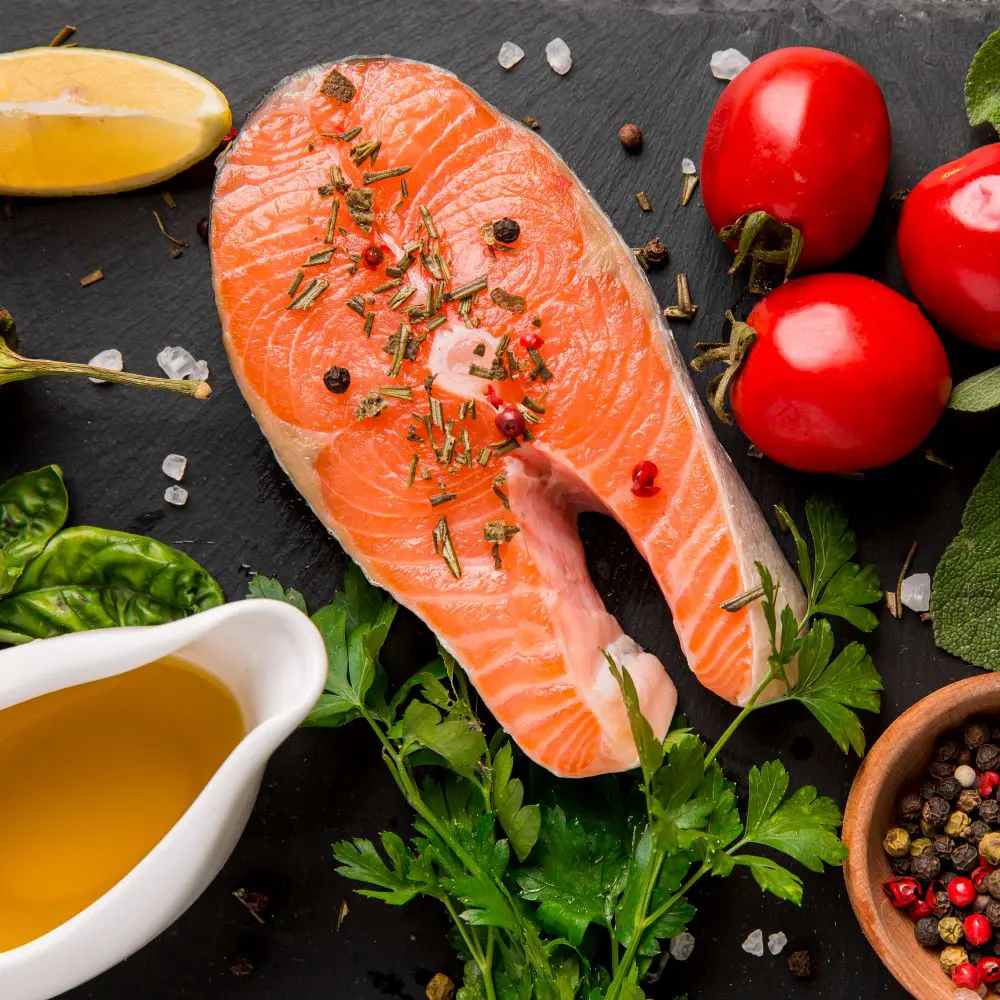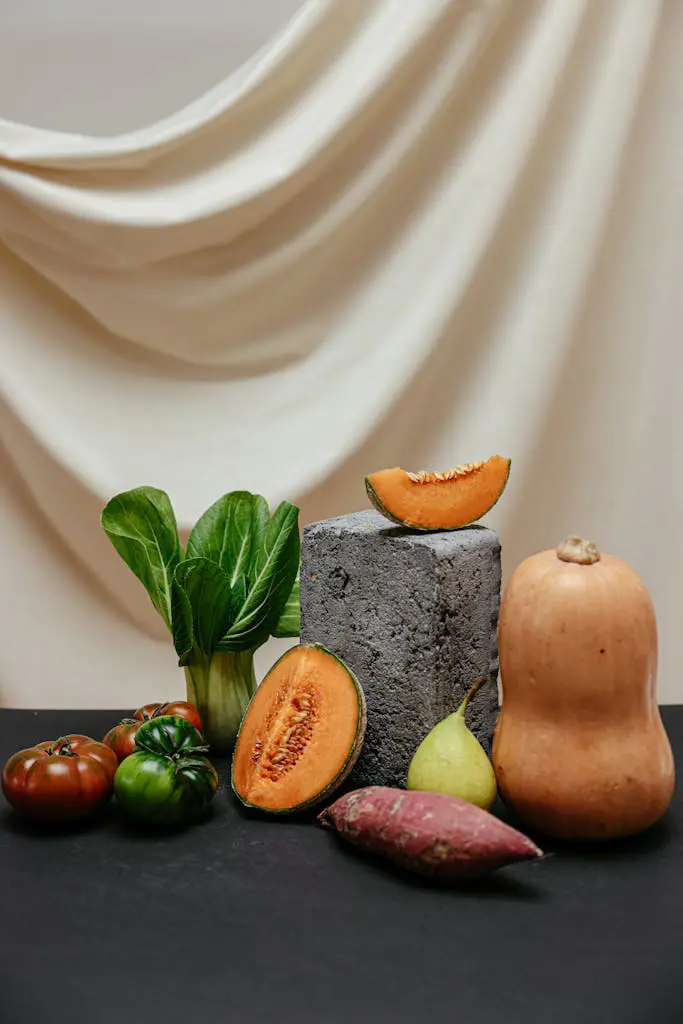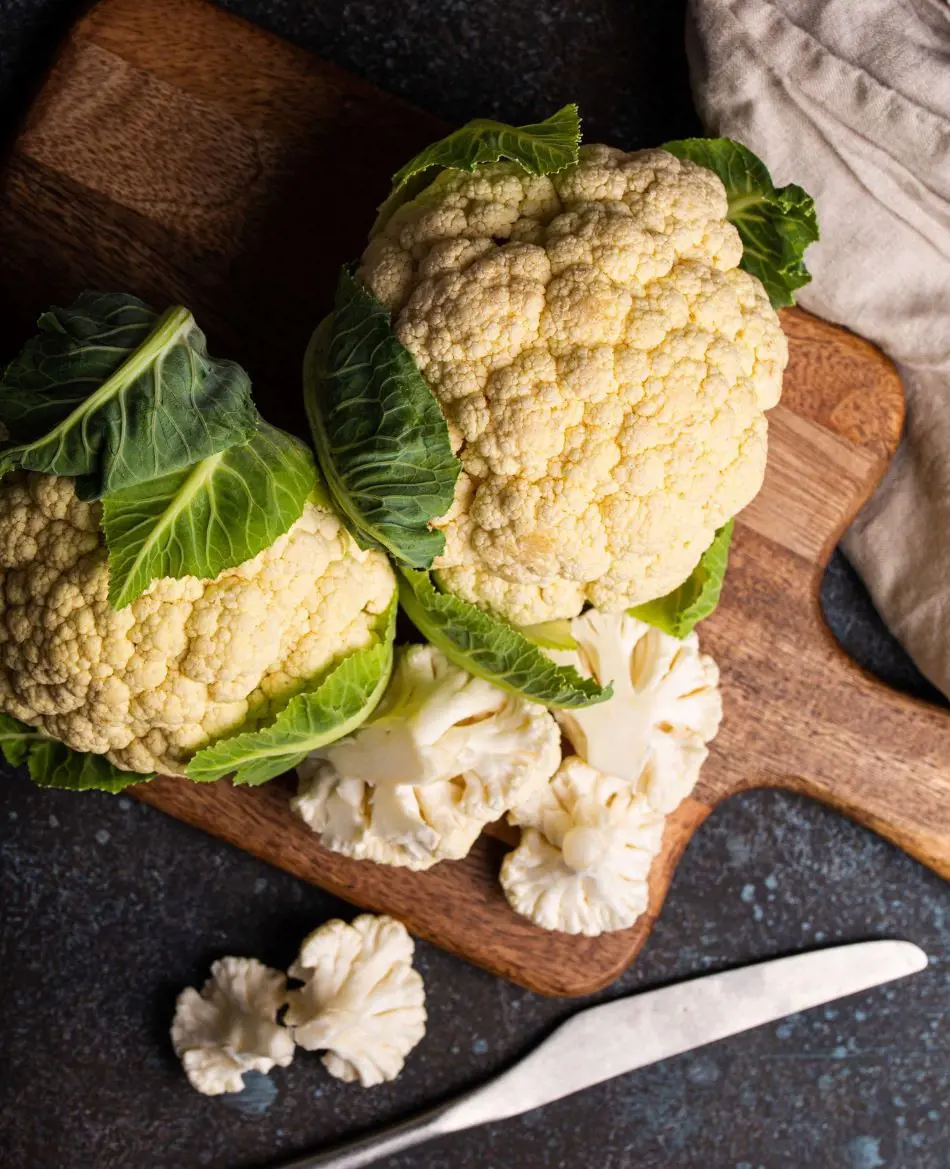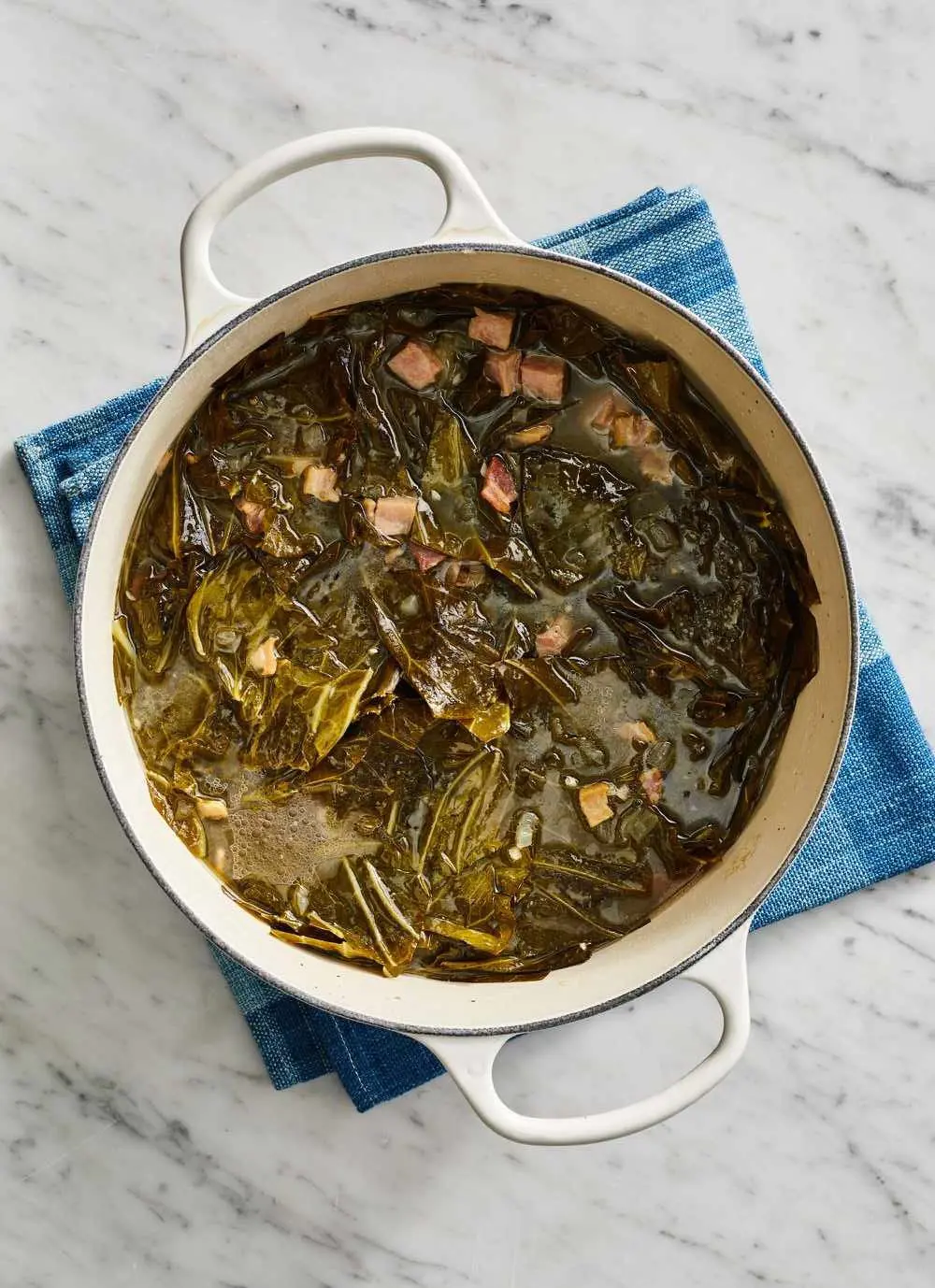15 Natural Diuretic Foods

Foods high in natural diuretics encourage the body to rid itself of extra fluid and provide an integrated approach for controlling water retention and enhancing general health. In contrast to synthetic diuretics, these foods provide a wealth of additional nutrients that improve health.
Diuretic foods, which range from the reviving crunch of cucumbers to the moisturizing sweetness of watermelon, promote renal function, aid in maintaining fluid balance, and may even lower blood pressure and bloating. Including natural food that are diuretics in your diet improves weight management, cardiovascular health, and detoxification.
1. Celery
Celery is a well-known natural diuretic that increases the amount of urine produced because of its high potassium and water content. These characteristics combine to help the body eliminate extra fluid and sodium.
Its water content dilutes the concentration of urine, and potassium aids in controlling the sodium balance. A diuretic impact results from the body excreting more salt through urine when it takes more potassium.
Some research indicates that n-butyl phthalide (NBP), one of the natural chemicals found in celery, may improve diuresis even more. In general, celery provides a dietary strategy to encourage urination and could be helpful for people looking for all-natural methods of controlling fluid balance.
2. Parsley
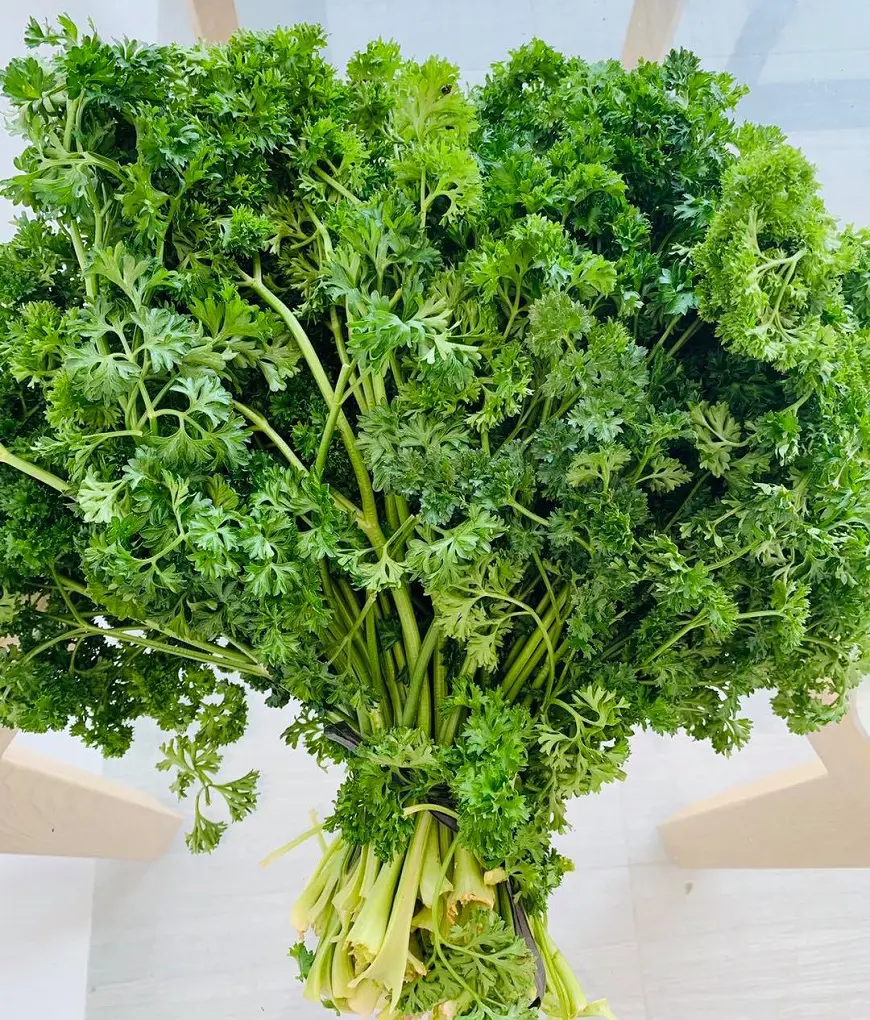
A popular herb with potential uses as a natural diuretic is parsley. Though parsley is best known for flavoring food, it also contains a large quantity of potassium, a mineral that is essential for maintaining the proper balance of fluids in the body.
It can encourage the excretion of extra sodium through urine by raising potassium intake. For those with modest fluid retention or bloating, this might be helpful. It is imperative to recognize, though, that the majority of the information on the diuretic qualities of parsley comes from experiments conducted on animals.
To conclusively verify its effectiveness, human trials are required. Furthermore, before utilizing parsley medicinally, it is imperative to speak with a healthcare provider, especially if you are taking medicine or taking care of underlying medical concerns.
3. Asparagus
A springtime favorite, asparagus has more than simply a lovely flavor. Because of the amino acid aspartic acid, it acts as a natural diuretic. The body breaks down aspartic acid into smaller components, which tells the kidneys to start producing more urine.
This procedure aids in the removal of extra sodium and fluid from the body, which may be beneficial for people who suffer from high blood pressure or edema (fluid retention). It's crucial to keep in mind that natural diuretics, such as asparagus, could work less strongly than prescription drugs.
See a healthcare provider for individualized advice if you're thinking about including natural diuretics in your diet but have any underlying health issues.
4. Dandelion Greens
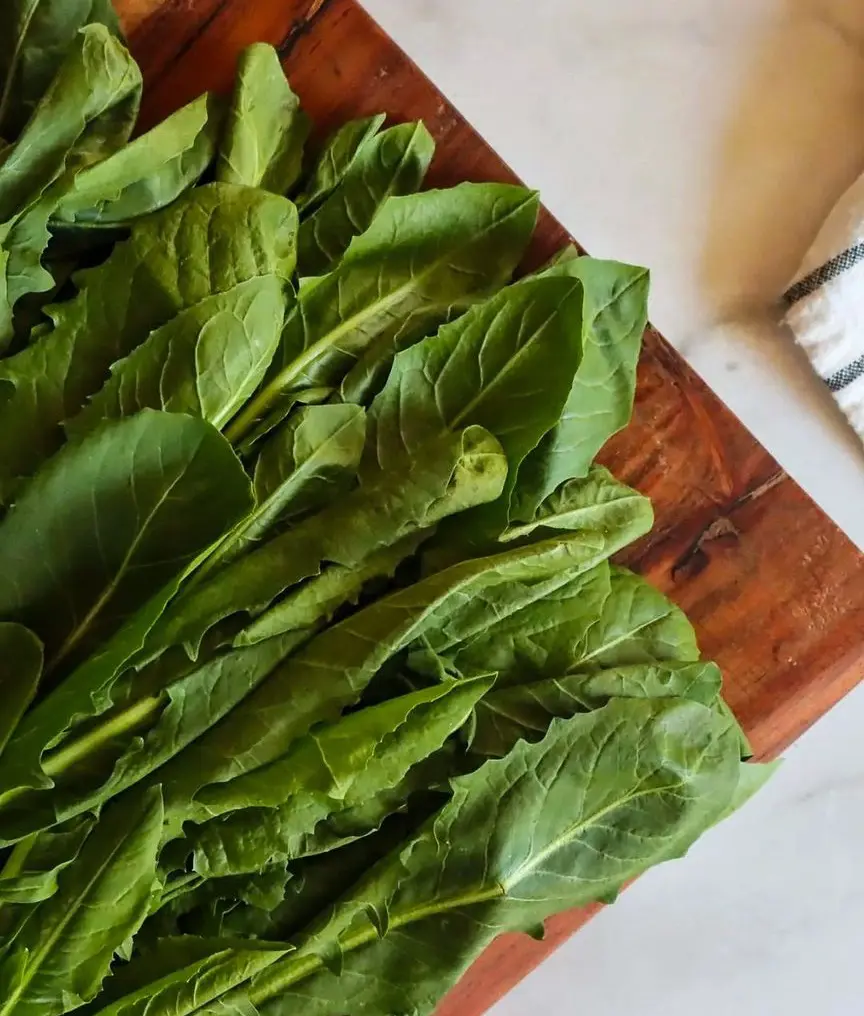
Dandelion greens, which are typically considered weeds, have a surprise health benefit: they serve as a natural diuretic. Diuretics enhance urine flow, which helps the body eliminate extra fluids and sodium. The high potassium concentration of dandelion greens contributes to their diuretic impact.
Potassium regulates fluid balance in the body and excretion via urine. While research on diuretics in foods dandelion greens' diuretic effect in people is sparse, several trials indicate promise.
However, it is crucial to note that natural diuretics may not be as effective as prescription drugs.
5. Watermelon
Watermelon is a top natural diuretic food, known for its high water content and therapeutic components. Since watermelon is more than 90% water, it helps the body lose extra fluid and become more hydrated, which reduces swelling and water retention.
The amino acid citrulline, which improves kidney function by encouraging the elimination of waste and excess nitrogen from the blood, enhances its diuretic characteristics.
Watermelon also contains antioxidants like lycopene, which support overall cellular health and prevent inflammation, and is high in vitamins A, C, and B6. Eating watermelon provides numerous nutrients necessary for sustaining normal body functions in addition to promoting diuresis.
6. Cucumber
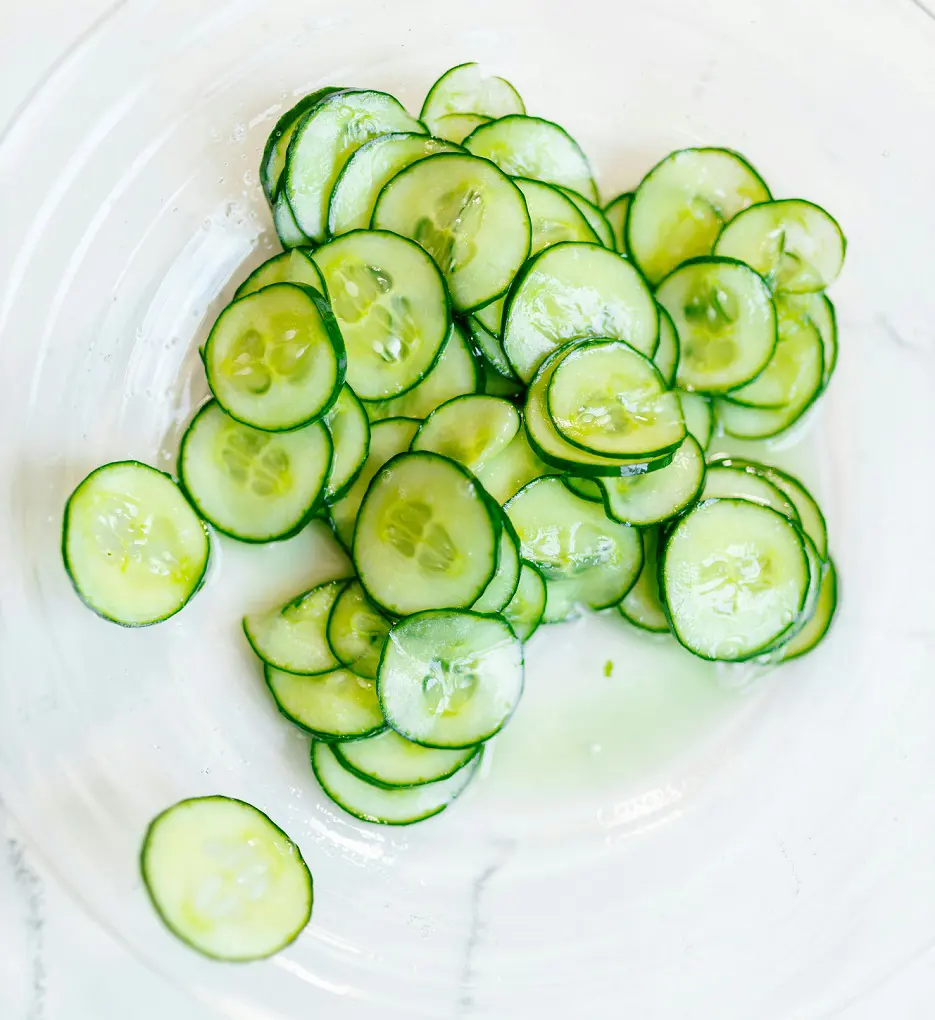
Cucumber, a crisp and refreshing vegetable, functions as a natural diuretic due to its high water content and the availability of important elements such as potassium. This composition makes it effective in promoting fluid elimination and supporting renal function, which aids in the reduction of water retention and swelling.
Cucumbers are also high in vitamin C and caffeic acid, which add to their anti-inflammatory benefits. Cucumbers can help keep electrolytes balanced, increase hydration, and potentially reduce blood pressure.
Their low-calorie and high-fiber content makes them an excellent alternative for weight management and cleansing. Cucumbers are a flexible ingredient that may be used in salads, smoothies, or as a refreshing snack, which increases its overall health benefits and is a diuretic.
7. Cantaloupe
A delightful member of the melon family, cantaloupe is well-known for both its inherent dietary diuretics quality and its sweet, juicy flesh. Cantaloupe, with its high potassium and water content, aids in kidney health and the body's effective removal of excess fluid.
Its high antioxidant content, especially that of vitamin C and beta-carotene maintains immune system function while offering a cool, hydrated snack choice. As cantaloupe contains fiber, which also helps with digestion, it's a good option for anyone trying to promote a balanced diet and reduce bloating.
You may take advantage of cantaloupe's delicious flavor as well as its advantages for preserving fluid balance and decreasing water retention by including it in your diet.
8. Garlic

An essential ingredient in cooking, garlic is known for its strong flavor and strong aroma. It is also common for its therapeutic uses, which include its use as a natural diuretic. Garlic's main ingredient, allicin, enhances kidney function and makes it easier for the body to eliminate extra fluid, which helps garlic cause diuresis.
Beyond its diuretic properties, garlic has anti-inflammatory, antimicrobial, and cardiovascular properties. As such, it is an effective tool in the fight against hypertension and support of heart health. Garlic is also high in antioxidants.
Garlic is an essential component of a balanced, health-conscious diet since it can help control water retention and offer a host of other health benefits when consumed regularly, whether raw or cooked.
9. Fennel
Fennel, an interesting herb known for its licorice-like seeds and refreshing bulb, has strong diuretic effects that help the body's natural detoxifying mechanisms. Anethole, a common chemical found in fennel, is known for its anti-inflammatory and diuretic properties.
It stimulates urine output, which aids in the clearance of excess sodium and water retention, reducing bloating and maybe assisting in blood pressure control.
Similarly, fennel contains a lot of fiber, vitamins A and C, and vital minerals like potassium and magnesium, all of which help with digestion and general wellness. Incorporating fennel into your diet, whether raw, cooked, or brewed as tea, is a tasty and effective way to promote natural diuresis.
10. Bell Peppers
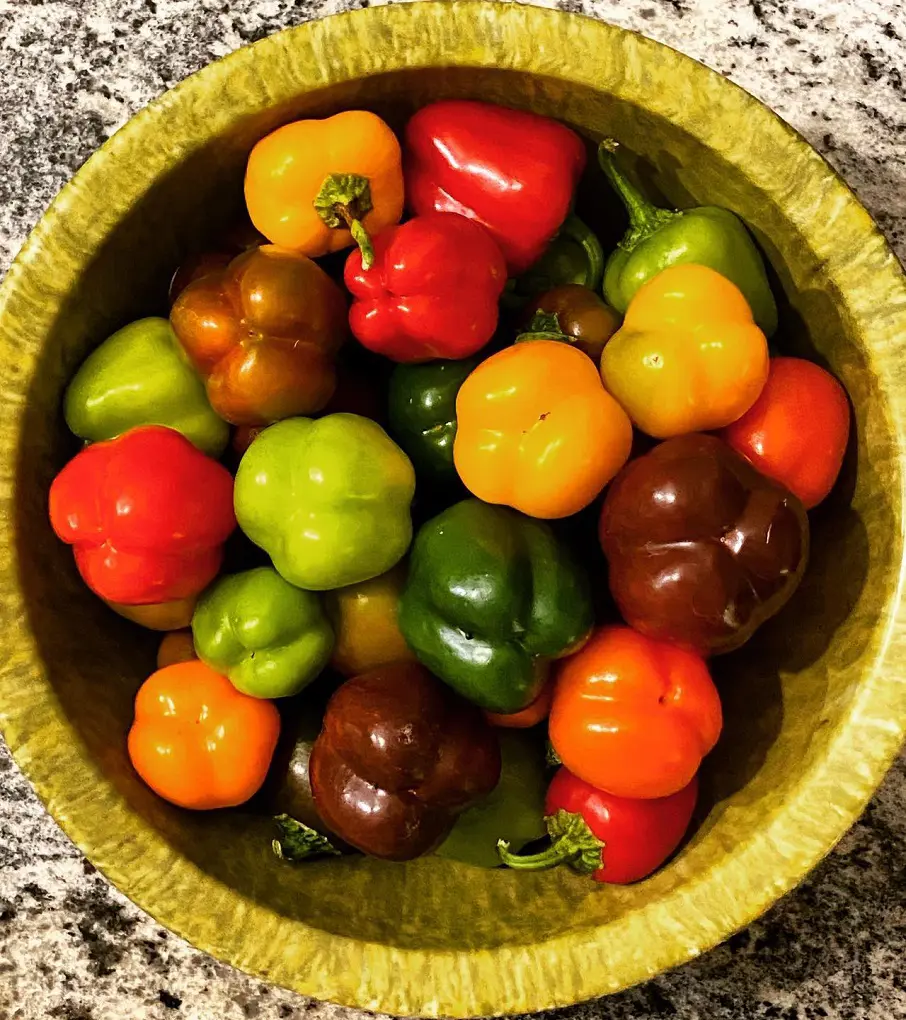
Bell peppers, with their vibrant colors and delicious crunch, go beyond their position as culinary embellishments to offer natural diuretic effects. They are high in vitamins A and C, potassium, and water content, which promotes a healthy fluid balance and helps to shed excess water retention.
These important minerals support kidney function and the body's natural detoxifying mechanisms. Bell peppers also have a high concentration of antioxidants and anti-inflammatory chemicals, which promote overall health and well-being.
Incorporating these foods for diuretics bell peppers into your diet, whether raw in salads or cooked, is a delightful way to promote diuresis while preserving appropriate hydration and cell function.
11. Grapes
Grapes, those deliciously juicy and luscious fruits, are not merely a source of sweetness. Unexpectedly, they work well as a natural diuretic. One of the main characteristics of grapes is their high water content.
This water is essential for encouraging the body to rid itself of extra fluids and salts because of its high potassium content. This results in less water retention and bloating, which are common discomforts. Moreover, grapes are a veritable gold mine of antioxidants, especially resveratrol.
This strong antioxidant has anti-inflammatory properties in addition to supporting cardiovascular health. Grapes' natural sugars and fiber composition play a part in their ability to sustain prolonged energy levels and digestive wellness.
12. Onions
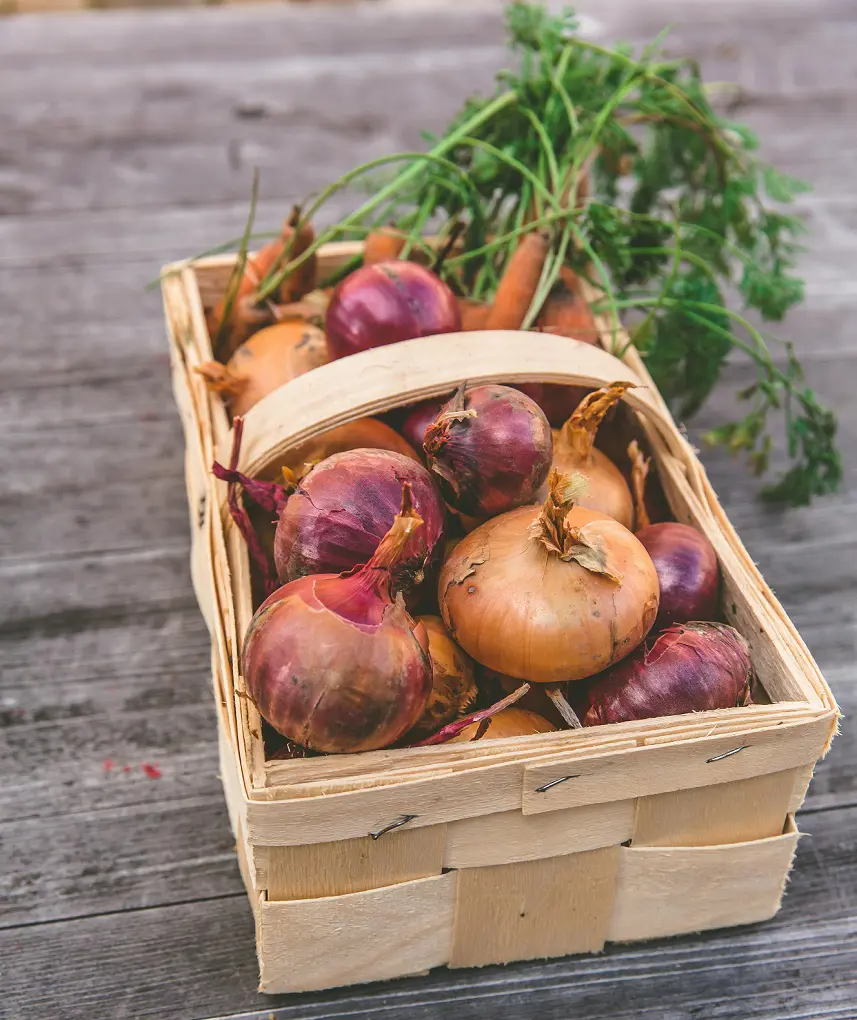
Onions, a common ingredient in worldwide cuisine, have numerous health benefits, including acting as diuretic natural foods. This is due to their high flavonoid content, notably quercetin. It works by improving the kidneys' ability to remove extra fluids and salts from the body.
This not only reduces water retention but also improves proper fluid balance in the body. Onions also promote health by containing antibacterial, anti-inflammatory, and antioxidant properties. These qualities support a healthy immune system and guard against the development of chronic diseases.
Onions' versatility allows them to be consumed in a variety of ways, including raw for a sharp taste, sautéed for a touch of caramelized sweetness and caramelized for a deeper, richer flavor. Regardless of the manner used, onions provide a tasty and effective way to promote diuresis while also enhancing the diet with the necessary vitamins and minerals.
13. Coconut Water
Coconut water, the delightful liquid contained inside young green coconuts, has emerged as a natural diuretic beverage with other health advantages. This unusual fluid has a natural electrolyte profile similar to human blood plasma, with a high potassium and salt content.
Electrolytes serve an important function in maintaining fluid balance in the body and the presence of potassium, a vital electrolyte, is noted for its diuretic properties. Potassium acts by counteracting the sodium-retaining characteristics of hormones in the renin-angiotensin system, facilitating the elimination of excess sodium and water via urine.
Studies suggest that coconut water may even surpass some diuretic medications in its ability to increase urine output. Also, coconut water is a natural source of antioxidants and offers a hydrating alternative to sugary drinks.
14. Coffee

Coffee, a popular beverage globally, has an unexpected but well-documented diuretic impact. Caffeine works as a mild stimulant for the kidneys, increasing urine output. This is good for people who suffer from water retention or bloating since it helps the body eliminate extra fluids and sodium.
However, it is important to remember that the diuretic impact of coffee is most prominent with larger caffeine intake, which usually exceeds the quantity seen in a single cup. Moreover, coffee's diuretic impact is temporary, so frequent urination does not always indicate long-term fluid loss.
For healthy people, moderate coffee drinking (around 400mg of caffeine per day) is unlikely to cause dehydration. Those who are sensitive to caffeine or have pre-existing health concerns should visit a doctor before drastically increasing their coffee consumption for diuretic purposes.
15. Hibiscus Tea
Hibiscus tea, a brilliant crimson beverage made from the Hibiscus sabdariffa flower, is increasing in popularity for its natural diuretic benefits. This tangy and refreshing drink is thought to promote the kidneys' production of urine, which helps the body eliminate extra fluids and sodium.
The diuretic effect of hibiscus tea may be due to its high amount of organic acids such as hibiscus acid. These acids may affect the reabsorption of fluids and electrolytes in the kidneys, resulting in increased urine production.
However, it is crucial to remember that research into hibiscus tea's diuretic and blood pressure-lowering properties is still underway. Furthermore, while hibiscus tea is generally harmless for most people, it may interact with several drugs.
Recent posts
Nutrition
Nutrition
Licorice Root: Benefits And Uses
You can spell it liquorice or licorice; this herb or root has been in use for centuries in most medicinal applications, as a natural sweetener and to enhance flavors. Regarding its origins, it comes from the root of the "Glycyrrhiza galbre" plant and...
Nutrition
Is Salmon Good For You? Nutritional Facts and Benefits
Salmon fish is a staple diet throughout the world, popular as a super food for its nutrients. Whether savored in sushi, poached, grilled, roasted, or pan-fried, salmon offers minerals and vitamins that contribute to healthy bodily functions. In addit...
Nutrition
25 Smoked Salmon Recipes That You Will Enjoy
Salmon is a silver-colored fish that is loaded with many nutrients, vitamins, and omega-3 fatty acids. Smoked Salmon is better for improving your health and reducing the risk of cancer, heart-related diseases, fights inflammation, reduces anxiety and...
Nutrition
Are Sausages Healthy? Nutrition And Health Benefits
Sausages are tasty in an addictive way, making them one of the most popular foods worldwide. You may have enjoyed this convenient food often, whether on a bun with mustard or grilled on a barbecue, the simple preparation methods are what makes its co...
Nutrition
20 Vegetables That Are Rich In Iron
Iron is essential for our bodies to function well. When we don't get enough iron, we often feel weak and tired. It's important to address iron deficiency early by eating the right foods. Fortunately, many vegetables are rich in iron and can help prev...
Nutrition
15 Cauliflower Nutrition Facts And Health Benefits
Cauliflower, a cruciferous vegetable, resembles a white variation of its relative, broccoli. Like broccoli, it has closely bunched florets attached to a thick core, often surrounded by a few leaves. While white is the most common color, cauliflower i...

